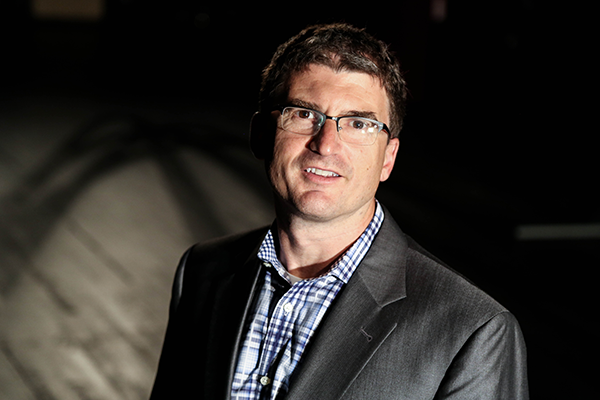I was in Tuscaloosa, Alabama visiting my mother-in-law a few weekends ago. One of the things I always do while I’m there is visit the University of Alabama. That got me thinking about the entrepreneurship space.
Entrepreneurs: when pitching to investors, you need to stay focused on only a few key items. While most likely you will be asked about many different aspects of your business, there are three elements you need to understand and be able to discuss in depth and with clarity. Most entrepreneurs would prefer to discuss their product or business idea, because that's what they've been focused on developing for months or years. But investors only have one goal—making a return on their investment.
If you’re running a startup, chances are you’ll need to know how to raise capital. You need to know how to find the right potential funding sources and once those sources are identified, how to increase your odds to get funding from those sources.
If you’re running a startup I’ve got one important bit of advice: you will never have enough funding. You will (and should) always be looking for your next source of funds. Well, maybe never is a bit over the top, but never is a good benchmark during the first five years of any startup.

It's a valid question. Your innovation is going to require money in order to advance from development to commercial launch. Whether your total capital needs are $3 million or $30 million, the needed money can trickle in via smaller increments or in tranches of millions of dollars—depending on how you ultimately structure your funding request. But, independent of such incremental amounts, you must establish and validate a valuation for your business. In other words, how much of your company (i.e., stock or ownership) will an investor get for their investment?

Some growing startups are flashy, hit social media hard, and make headlines in Inc. or Entrepreneur. Others grow in a quieter, more conservative way. David Levine built Wireless Environment like that.
This guest blog was contributed by Andrew Bennett, co-founder of KnowledgePost and $25,000 Innovation Fund award winner. It's a firsthand perspective on the Innovation Fund application process.



